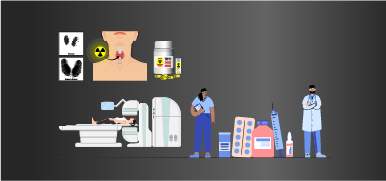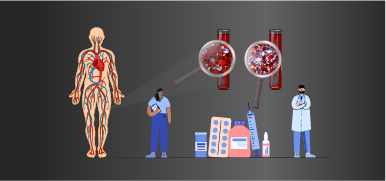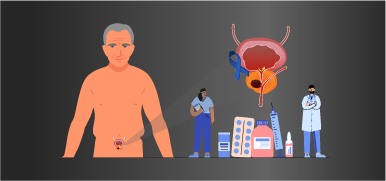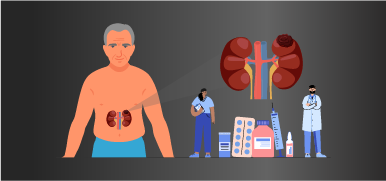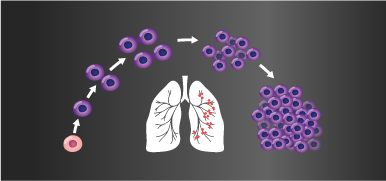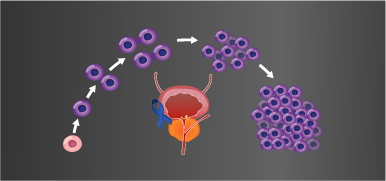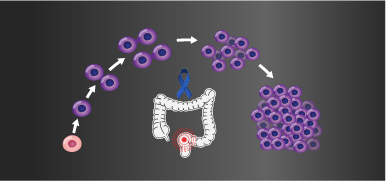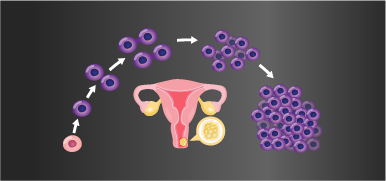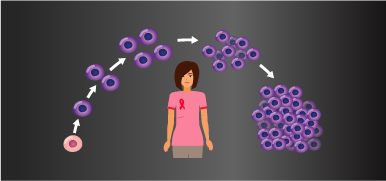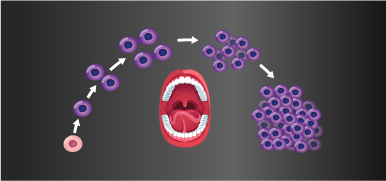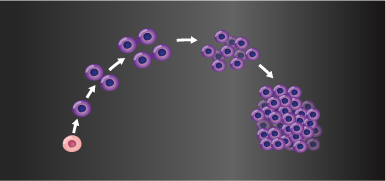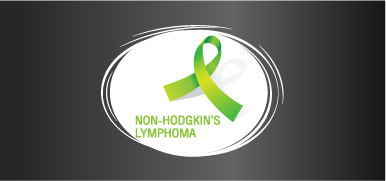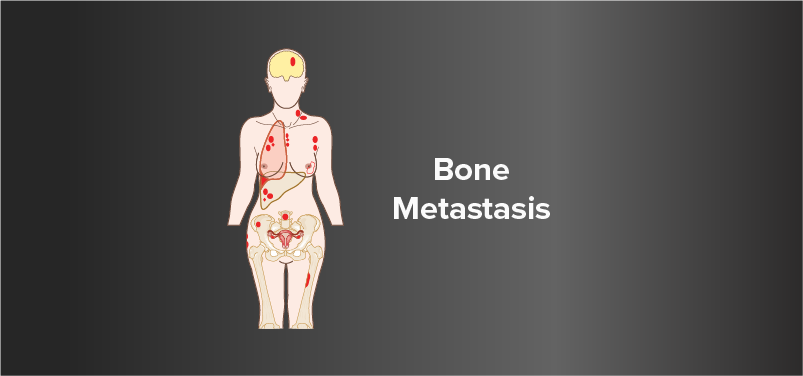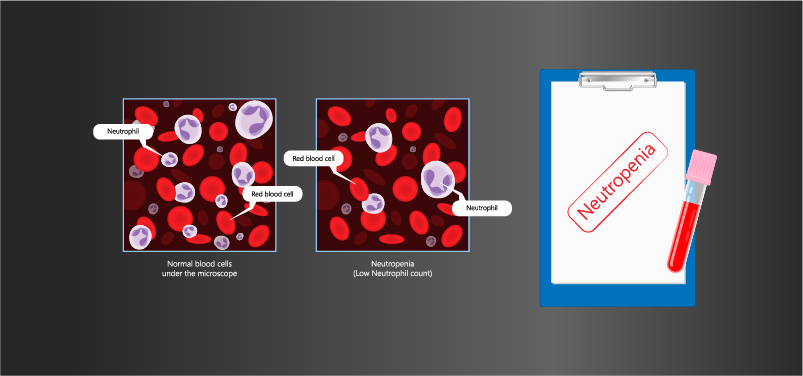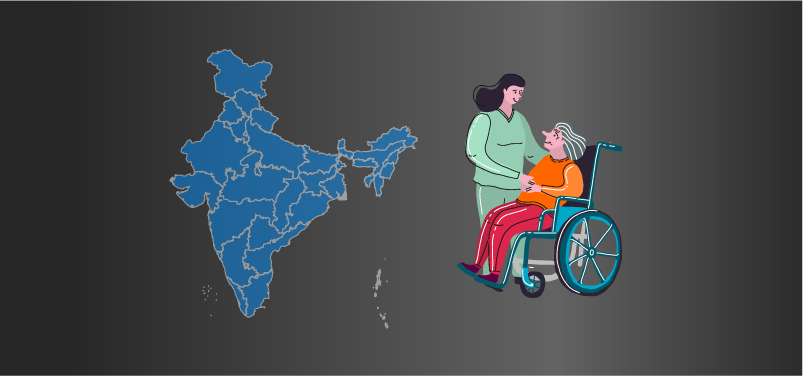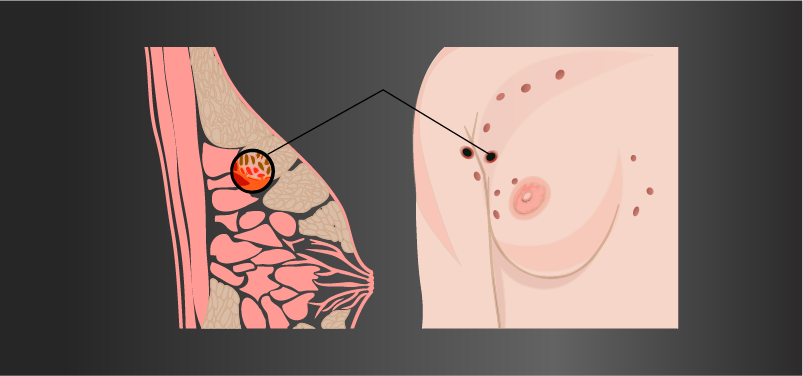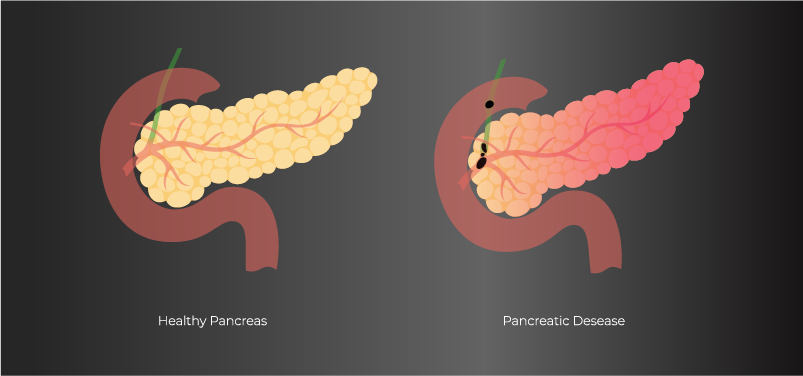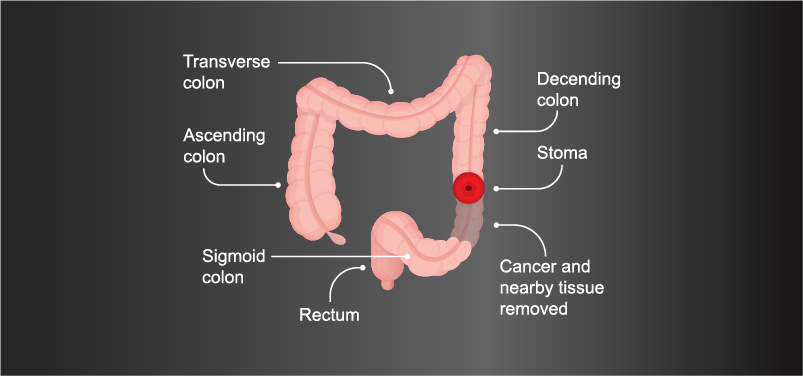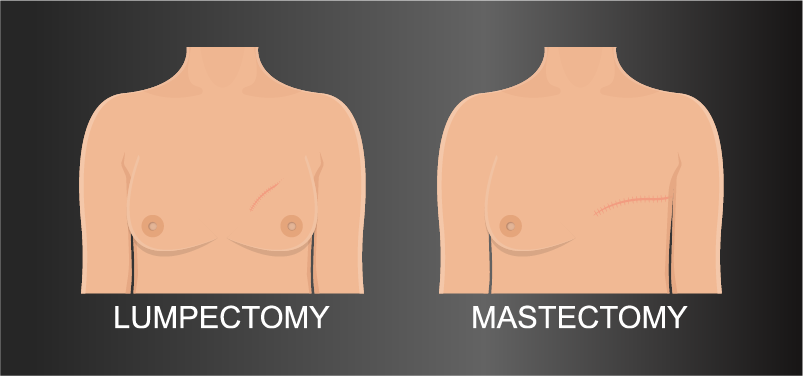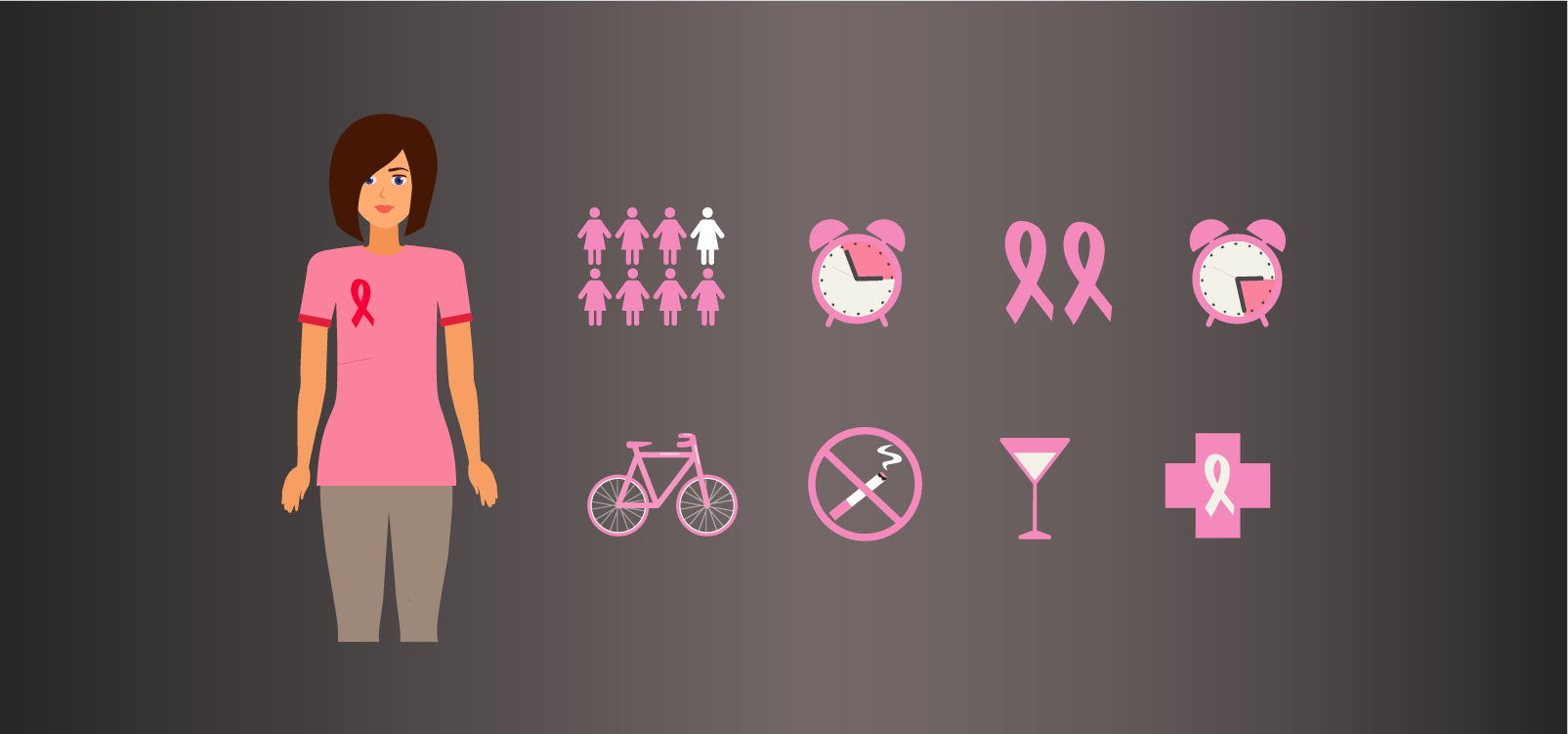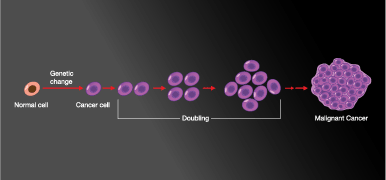

-
Skill Levelintermediate
-
Enrolled 1,045 students enrolled
Enquire now
Key concepts covered include:
By the end of this module, you should be able to:
- Identify clinical features of delirium.
- Diagnose and treat reversible causes of delirium in paliiative care patients.
- Be aware of non-drug strategies to manage delirium.
- Recognise when symptomatic drug treatment of delirium is appropriate
- Prescribe appropriate drugs to aid management.
- Suggest probable mechanisms for nausea and vomiting in cancer patients
- Choose appropriate drugs to manage nausea and vomiting according to the most likely cause
- Develop a teaching session for new colleagues on nausea and vomiting
- Discuss with a colleague the main priorities for the care of a patient who is in the last days of life
- Discuss with a new member of your team the usual ways to support and address the physical symptoms at the end of life
- Lead a team review of the usual issues for a patient and their family in all domains (psychological, social and spiritual) in the last few days of life
- List the usual causes of constipation in palliative care patients
- Outline your management of constipation according to the most likely cause
- Deliver a teaching session to colleagues on treatment of constipation in palliative care
- Describe the management of bowel obstruction secondary to malignancy to a new colleague
- Teach a new colleague key elements of skin and mouth care in a patient with advanced cancer
- Discuss practical issues with a new colleague and a family around the basic principles of skin and mouth care in someone with advancing cancer
- Be able to support families and answer the usual questions they might have around skin and mouth care at the end of life
- Have a greater understanding of what breathlessness/dyspnoea is
- Understand the principles of management of breathlessness/dyspnoea
- Know the effects of anxiety on breathlessness/dyspnoea
- List the key elements needed to establish or further develop a palliative care service in your country
- Inform a new colleague of the role of POS and how to use it
- Show a new colleague how to access the material from A.P.C.A to help develop training and understanding in palliative care
- List 6 points to consider to help effective communication.
- Describe to a new colleague the key elements to breaking bad news.
- Describe to a new colleague why people may use ‘denial’ and ‘collusion’ as communication strategies and suggest ways to manage such a situation.
- List some of the barriers in your area/locality to effective communication.
- Discuss with your team effective ways of talking with children about grief and bereavement.
- List some of the aetiological factors thought to contribute to the development of cancer.
- Describe to a student colleague how cells grow and multiply and how malignancy affects these cells.
- Describe to a new colleague how the different types of cancer treatment work.
- List some of the usual causes of fatigue and weakness in cancer patients.
- Review the options for managing reversible causes of weakness in your area.
- Discuss with a new colleague the usual impact on the patient and family of weakness and fatigue.
- Discuss with a family the management of a patient who appears to be losing their appetite.
- Recognise the key symptoms and signs and the patients most likely at risk of:
- Hypercalcaemia
- Neutropenic sepsis
- Superior vena cava obstruction
- Spinal cord compression
- Catastrophic haemorrhage
- Develop and administer the appropriate management plan for each of these conditions.
- Outline to a colleague what is meant by psychosocial care.
- List 4 common areas of concerns that patients may express.
- List at least 4 core skills for psychosocial care workers.
- List to a new colleague the key differences between a curative and a palliative approach.
- Describe how you might handle a difficult conversation about impending death with a child.
- List and explain the 5 key elements of a sound ethical framework.
- Discuss with an overseas visiting colleague the practical difference between personal and communal autonomy.
- Outline to a new colleague how an ethical framework helps in a difficult collusion or confidentiality situation.
- Outline to a new colleague how an ethical framework helps in managing changing symptoms in a patient with advancing cancer.
- List at least 3 options for symptom relief that do not involve medication.
- Talk to a new colleague about a framework for assessing and monitoring symptom control in patients with cancer.
- Discuss with a new junior colleague some of the usual patient and authority barriers to the use of morphine in your country.
- Discuss with that same colleague strategies to addressing those barriers.
- State the definition of palliative care to a colleague.
- Describe how palliative care fits in to the care of a patient with cancer.
- Describe the key things you need to think about when looking after someone with an incurable condition.
- Describe the key points of the grief reaction.
- Describe the key features of a complicated or delayed grief reaction and their consequences for the individual.
- Discuss with those working with or alongside you how best to support those grieving in your community or your place of work.
- Describe to a new colleague how the different types of cancer treatment work.
- List some of the issues to consider when planning the most appropriate management for a patient with incurable disease.
- Accurately assess pain to determine a likely working diagnosis as to its cause.
- Describe how cancer and its complications can cause pain.
- Manage pain , including appropriate use of analgesics.
- Distinguish between religion and spirituality to a group of colleagues.
- Describe the 4 elements of the FICA tool.
- Give examples of the sorts of questions you might ask a patient if you were using the FICA tool.
- Develop an effective management plan for the next patient you encounter.
What you'll learn
This VUCCnet e-learning course focuses on the core principles and best practice for delivering effective palliative care in Africa. It has been developed in partnership with the African Palliative Care Association and Cardiff University.
Curriculum
 Last Updated 07/2021
Last Updated 07/2021











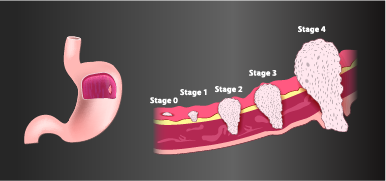
 2.8K
2.8K


